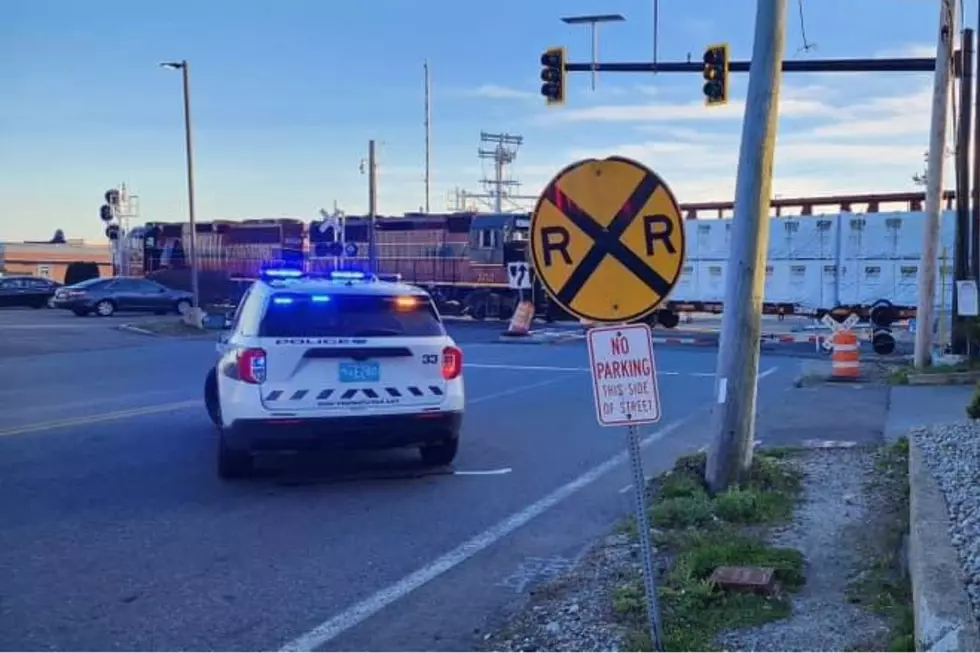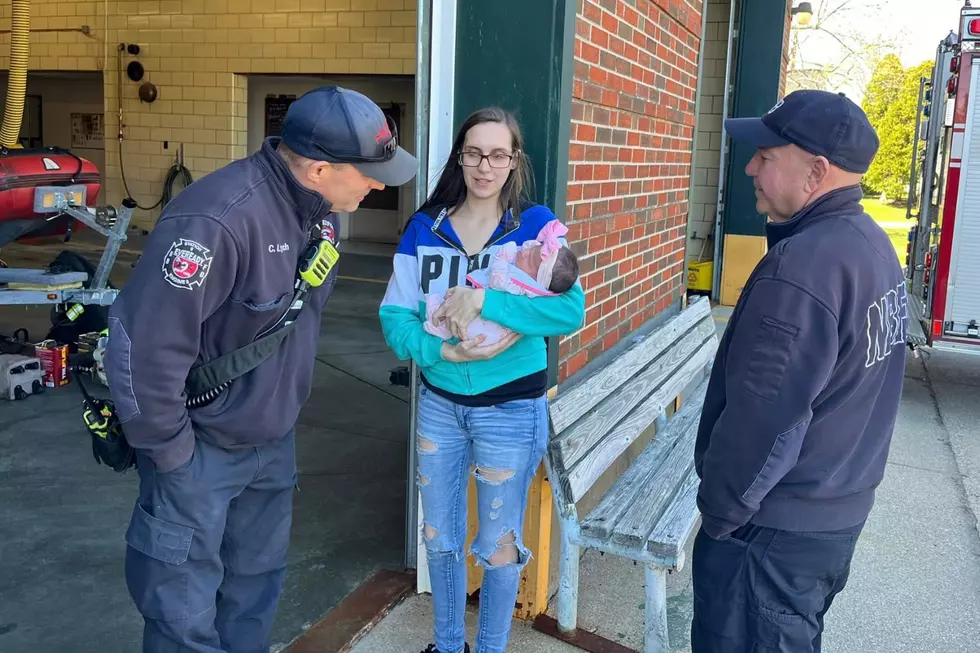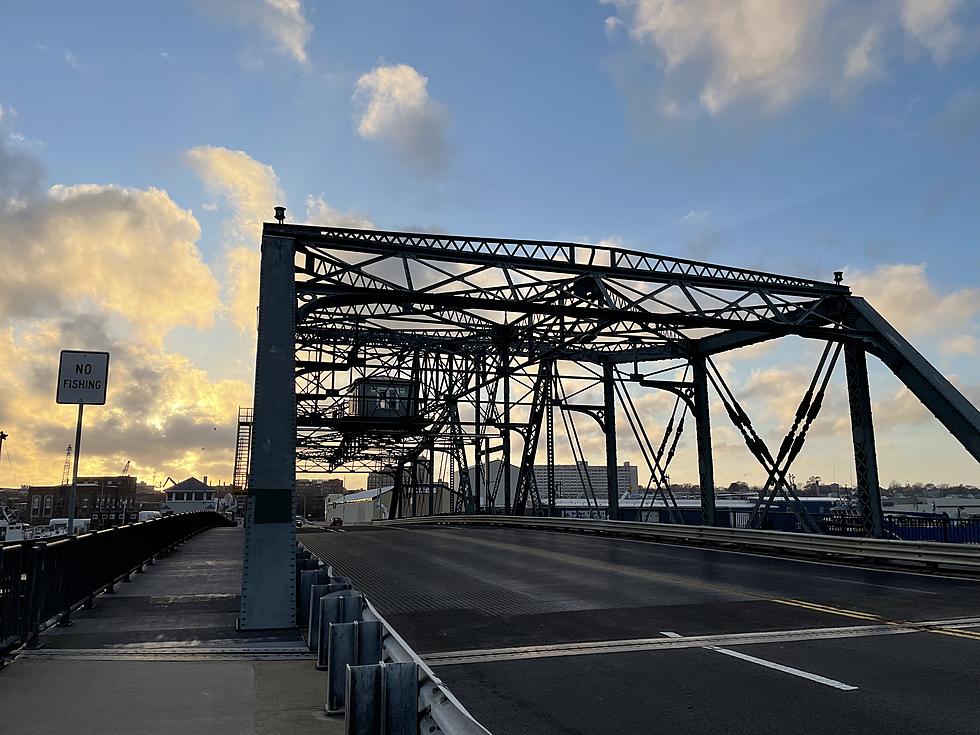
Hundreds Gather to End Slavery in New Bedford
If you're like me, you may have driven by a large group of people walking on Acushnet Avenue in New Bedford today holding anti-slavery signs. A crowd of a couple of hundred people kicked off the walk at 1 p.m. today at Riverside Park in an effort to bring awareness about slavery here in New Bedford.
We decided to find out more. We spoke with one of the walkers and asked them why they were there:
"We came as part of the A21 Walk for Freedom. It's an international walk that they do in cities all over the world every year. There's people walking at the same time every year on October 19th. We're basically just trying to raise awareness about sex trafficking in our area." --Sarah Terrell
Sarah Terrell is the Executive Director of Anchor Ministries, a New Bedford based church that participated in today's walk. She is also a part of the Erase Coalition, which is a SouthCoast anti-trafficking coalition.
The A21 Walk for Freedom is a silent, single line walk that occurs on October 19 each year around the world to abolish slavery. This year, organizers brought the walk to New Bedford. We asked Ms. Terrell why the walk was brought to Acushnet Ave in New Bedford.
"We chose this location because there's actually a lot more trafficking here than people realize," she said. "Both sex and labor trafficking are both happening in New Bedford and all over the SouthCoast."
The New Bedford Police will host an event on Thursday night at Keith Middle School about how to recognize Labor Trafficking.
Literature handed out at the walk identified some signs to identify a potential victim of modern-day slavery:
1. If they are controlled by another person. Not speaking on their own behalf, and letting another person speak for them.
2. If their movement is controlled. Living and working at the same place, or transported to and from work.
3. They aren't allowed to keep the money they make. Many times, they are working to pay back a debt owed to another person.
4. They don't have any official forms of ID.
5. They are scared to talk to outsiders or police, and often show fear, depression, and submissive behavior.
6. Their actual job is different than the job they thought they had accepted.
7. They have feelings of being trapped and feel they can't leave their job or their living situation.
If you think you know someone who might be the victim of human trafficking, you are encouraged to call the National Human Trafficking Hotline at (888) 373-7888.
More From WFHN-FM/FUN 107









